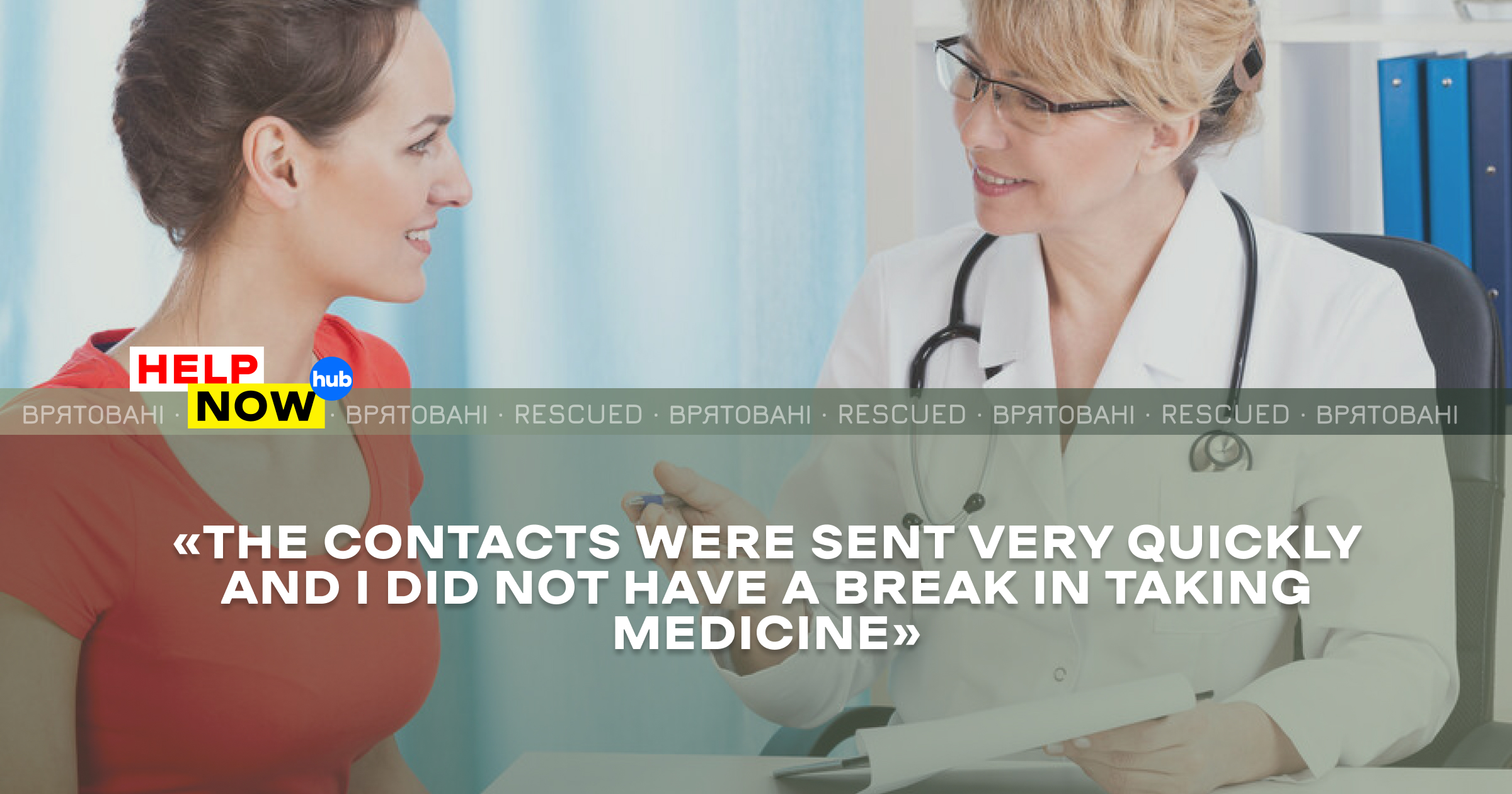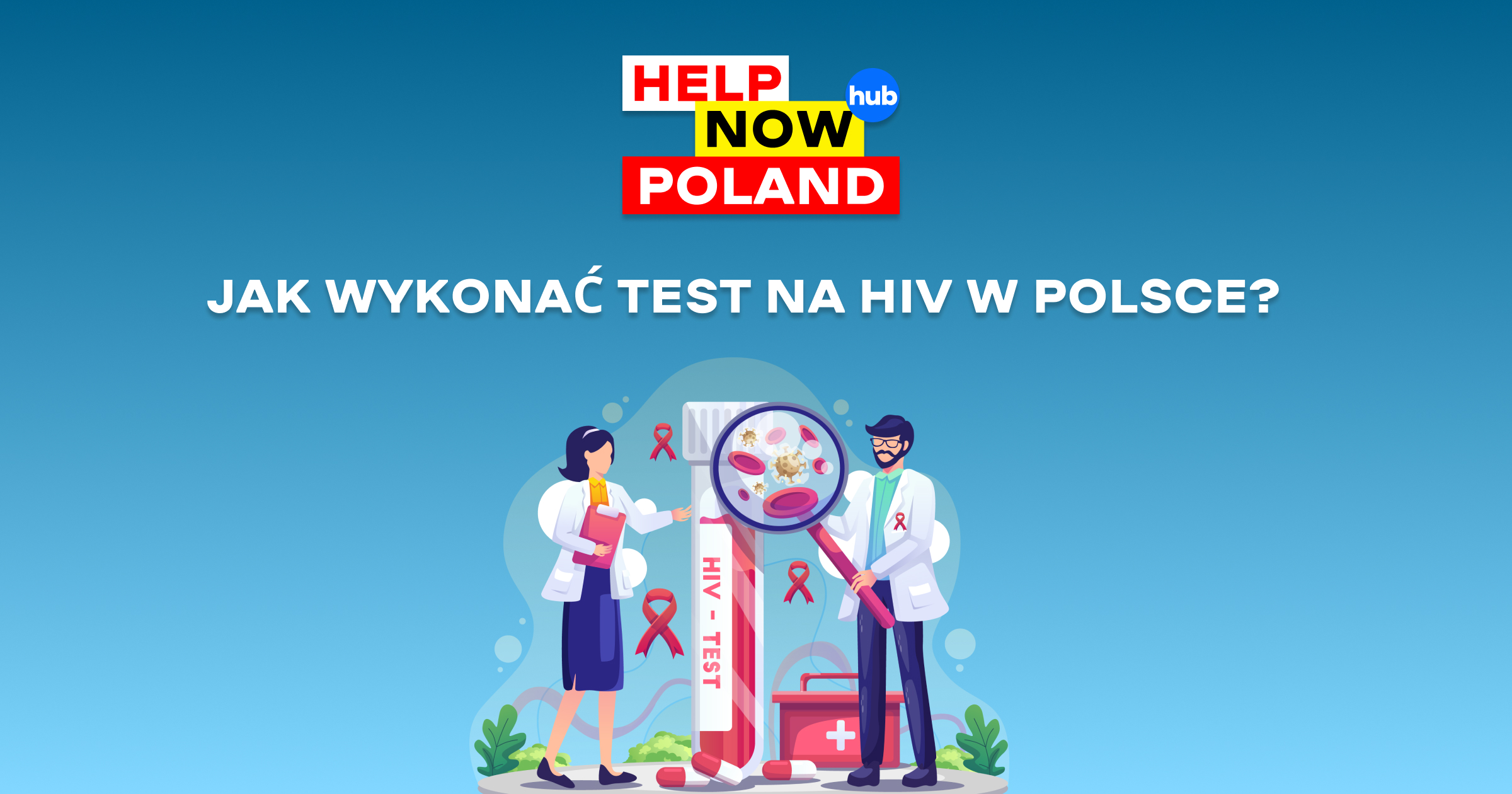Hanna (name changed) is from the Kherson region, now lives near Wroclaw. Her whole family has been taking ART for more than 10 years. She says that they had everything and did not plan to move anywhere at all in their lives, until the war made its corrections. At first, the son left for the Netherlands with Hanna’s cousin, the parents stayed. But after some time, it became very “hot” at home and the husband made a decision: “We can both die and the child will remain an orphan. You have to go.”
The opportunity did not arise immediately – the woman sat on suitcases literally for a month. But finally, there was a person who was going to Kherson. From there, she and her family went to Kryvyi Rih, then to Lviv, then crossed the border with Poland and went to the Netherlands. Hanna admits that it was difficult for her there – a foreign language, mentality, plus difficulties with the education of her son, who had already been there for 2 months when his mother arrived. The fact is that Ukrainian children were enrolled in a general local school and teaching was in the state language. The translator came but once a week. The best lesson for the child was physical education. At the same time, there was a question of access to therapy – she lived with a family and the woman did not want to tell strangers that she was taking ART.
Before the quarantine, her husband had been working in Poland for two years. He insisted on moving there – closer to home, the languages are similar, the local people’s loyal attitude towards Ukrainians as well. Hanna began to look for a job with the possibility of settling down with the child. It was the end of May, and millions of compatriots were already there, but in the end she succeeded.
“First of all, my huge thanks to the doctors in Kherson – despite the shelling and bombs, they gave me therapy before leaving for the Netherlands, which was enough for me all the way to Poland. Secondly, to your service, which I “googled” – the contacts in Wroclaw were sent very quickly and I did not have a break in taking medicine! Although at first, it was difficult to explain what was necessary in the hospital – the attitude was very adequate. My son has an extremely nice doctor (he goes to a separate medical institution as a minor). Therapy was given for one month first, then for two, and all tests were done – children are given once every three months, adults once every six months. Now I can arrange everything over the phone. Thank you all and I wish you be healthy. Let’s hold on!”


